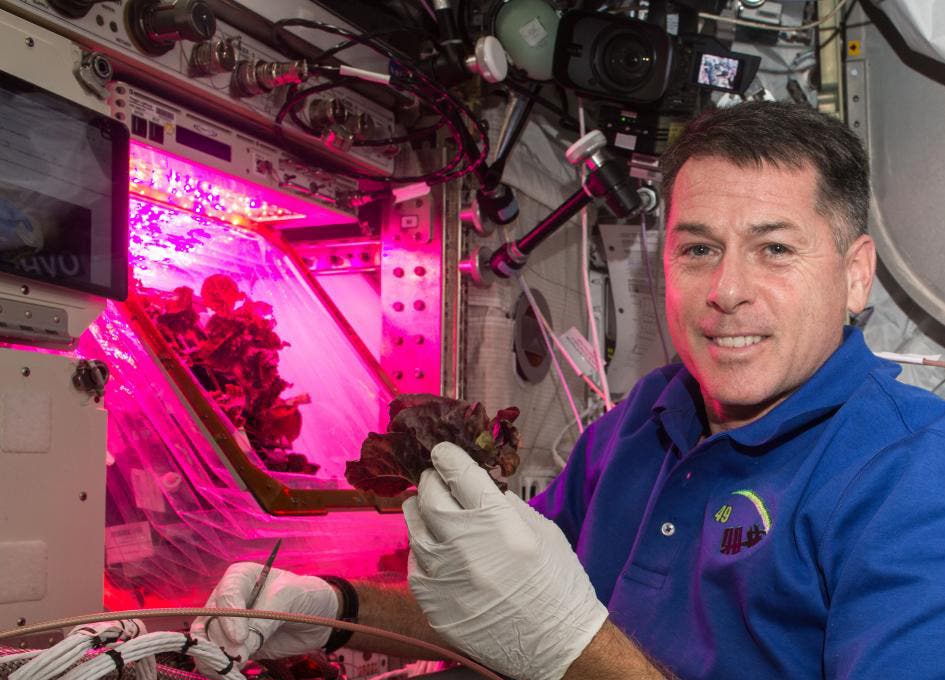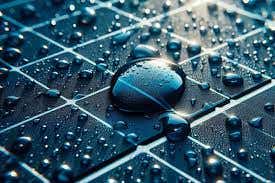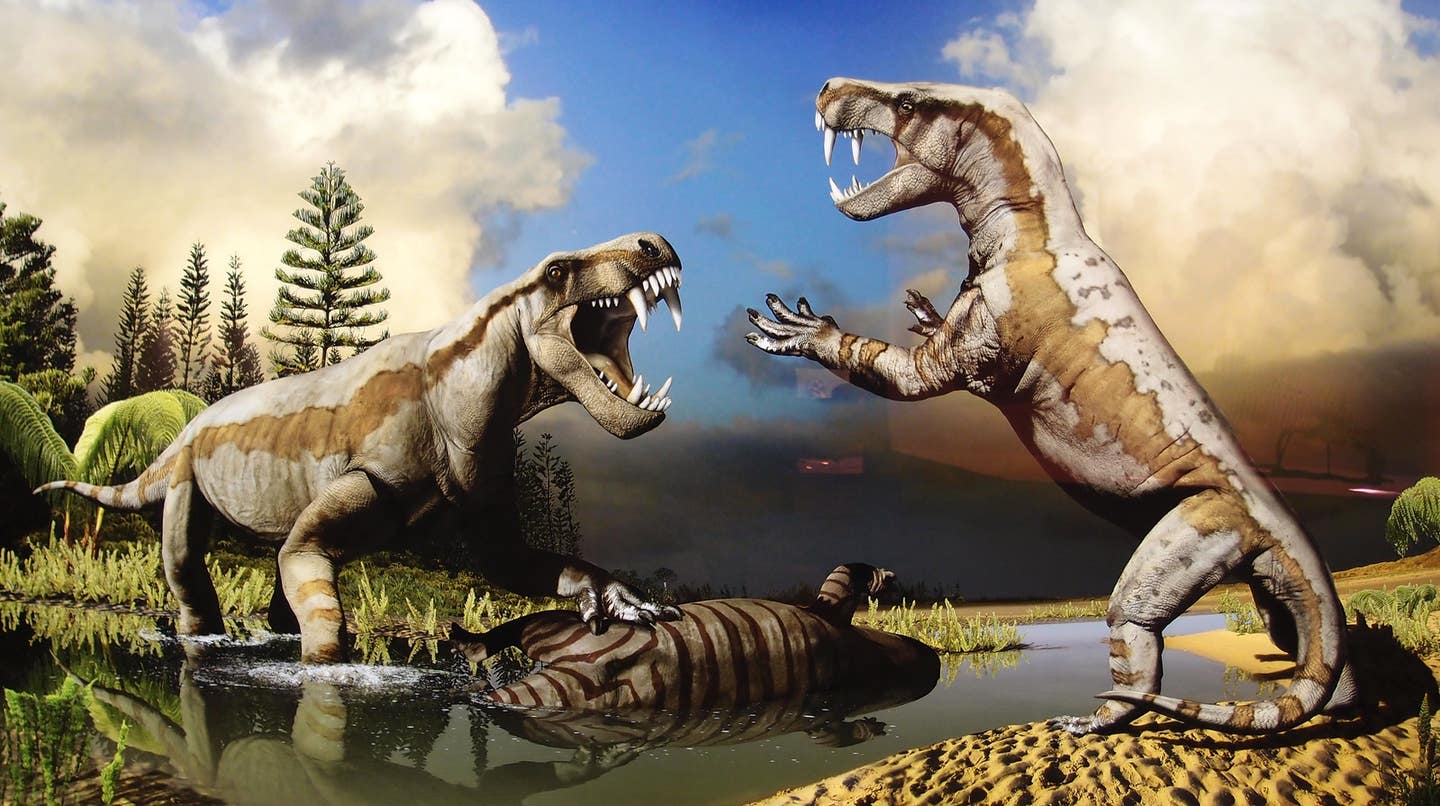Lettuce could protect astronauts’ bones on Mars trip
Astronauts might one day grow and eat genetically modified plants to ward off disease associated with long spaceflights.

[Mar 23, 2022: Andrew Fell, University of California - Davis]
Astronaut Shane Kimbrough in front of the 'Veggie' chamber on the ISS. (CREDIT: NASA)
Astronauts might one day grow and eat genetically modified plants to ward off disease associated with long spaceflights. Researchers at the University of California, Davis College of Engineering have developed a transgenic, or genetically modified, lettuce producing a drug to protect against bone density loss in microgravity.
Our bones are constantly balanced between growth and resorption, allowing bones to respond to injury or changes in exercise. Spending time in microgravity disrupts this balance, tipping bones towards resorption, so astronauts lose bone mass. This can be treated with a drug called parathyroid hormone, or PTH, but it requires regular injections.
Kevin Yates, a graduate student working with Professor Karen McDonald and Adjunct Professor Somen Nandi at the UC Davis Department of Chemical Engineering, developed a transgenic lettuce that expresses a fusion protein combining PTH with part of a human antibody protein. The fusion protein is designed to be stable in the bloodstream and to allow astronauts to potentially purify the drug from plant extracts, Nandi said.
The team is evaluating the plants for how much of the drug they can produce, which leaves contain the most product and the best time to harvest the leaves.
Related Stories
Growing plants in space
Growing plants in space has multiple benefits, Nandi said. A mission to Mars might take several years to complete. Experience from the International Space Station shows that being able to grow some food in addition to pre-packaged meals is a big morale booster for astronauts, he said.
Long space flights also require supplies of medicines, such as PTH. But conventional medicines would expire on the way, so astronauts need ways to replenish supplies. By carrying medicines in the form of transgenic plant seeds, astronauts can both save weight and potentially have a new source of fresh drugs, Nandi said.
Ideally, the drug would be in an orally available form, so that astronauts could dose themselves with PTH by eating lettuce leaves. But if that turns out not to work, they should still be able to extract and purify the drug from the plants.
The project is funded by NASA through the Center for Utilization of Biological Engineering in Space (CUBES), led by UC Berkeley.
In addition to Yates, Nandi and McDonald, the project team includes: Nancy Lane, endowed professor of medicine and rheumatology and director of the Center for Musculoskeletal Health at UC Davis School of Medicine, an expert on osteoporosis; Abhaya Dandekar, distinguished professor of plant sciences; project scientist Imran Khan and graduate student Yongao Xiong, Department of Chemical Engineering.
For more science stories check out our New Discoveries section at The Brighter Side of News.
Note: Materials provided above by University of California - Davis. Content may be edited for style and length.
Like these kind of feel good stories? Get the Brighter Side of News' newsletter.
Tags: #New_Discoveries, #Space_Travel, #Astronaut, #Mars, #Lettuce, #Bones, #Science, #Research, #The_Brighter_Side_of_News
Joseph Shavit
Head Science News Writer | Communicating Innovation & Discovery
Based in Los Angeles, Joseph Shavit is an accomplished science journalist, head science news writer and co-founder at The Brighter Side of News, where he translates cutting-edge discoveries into compelling stories for a broad audience. With a strong background spanning science, business, product management, media leadership, and entrepreneurship, Joseph brings a unique perspective to science communication. His expertise allows him to uncover the intersection of technological advancements and market potential, shedding light on how groundbreaking research evolves into transformative products and industries.



